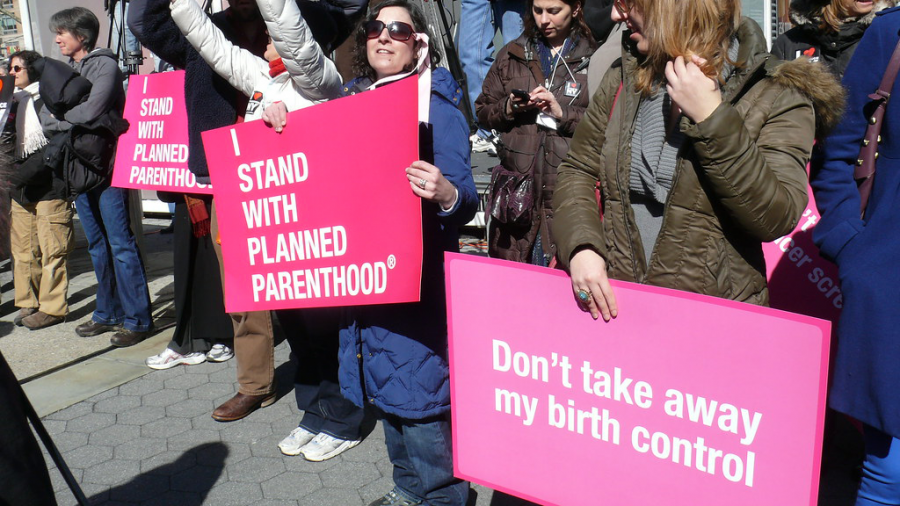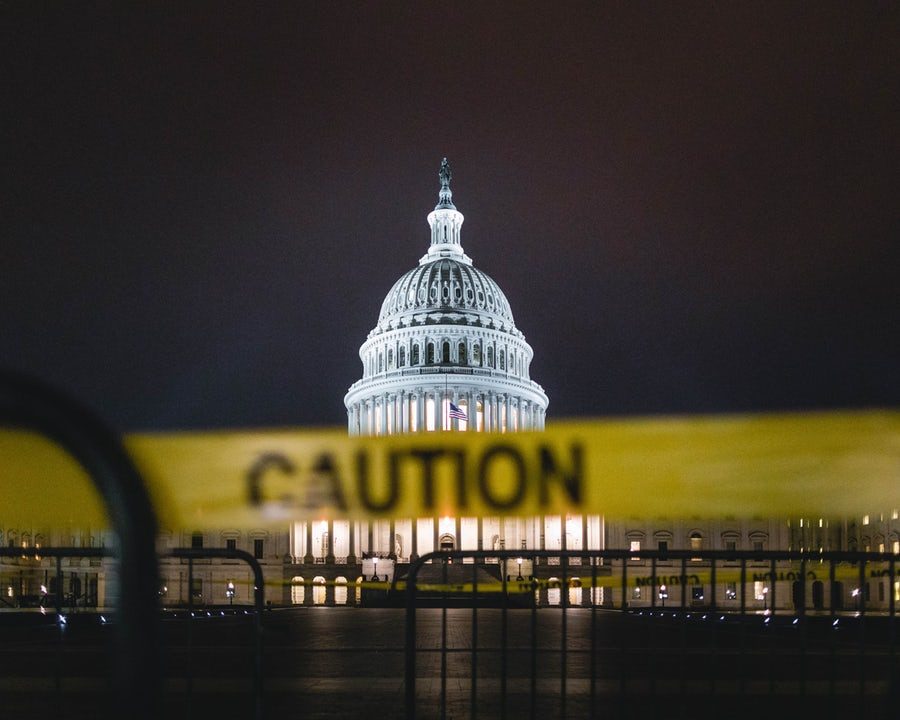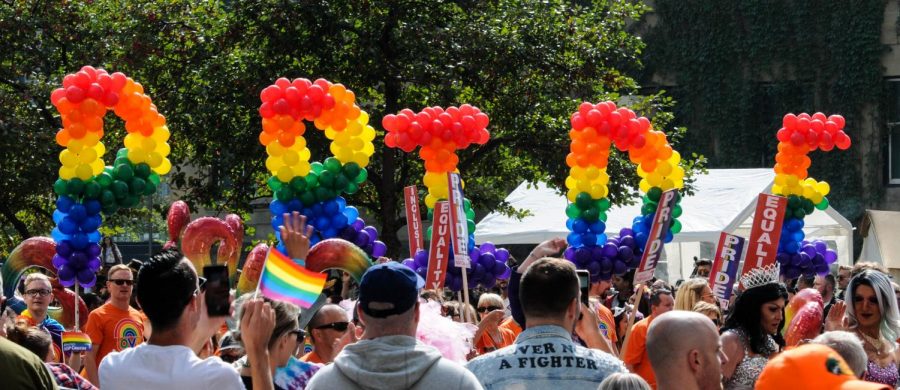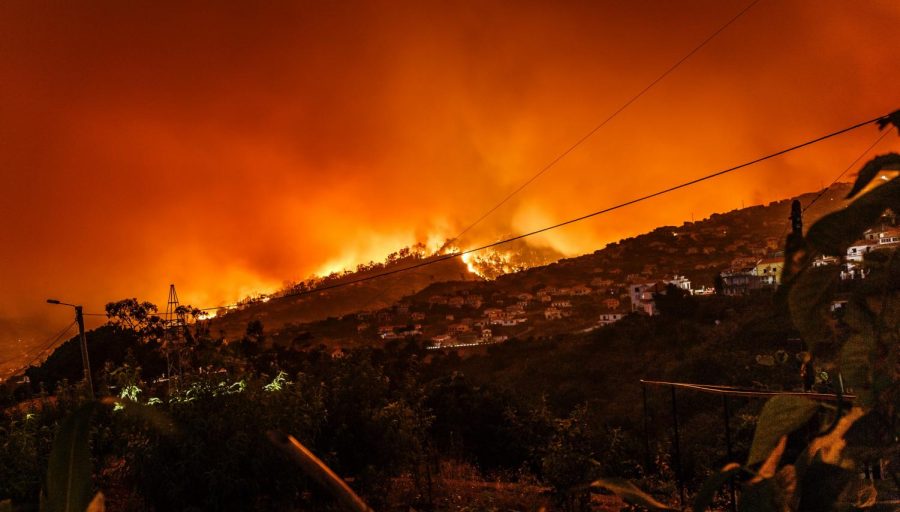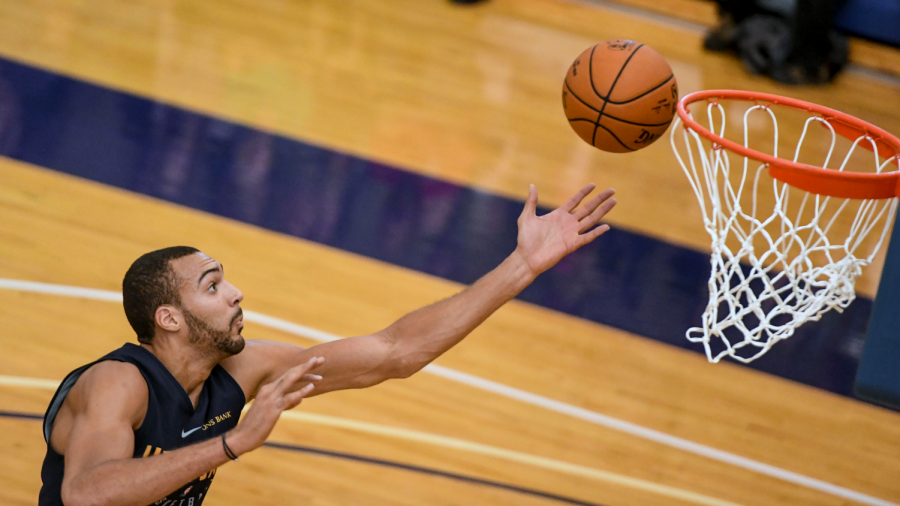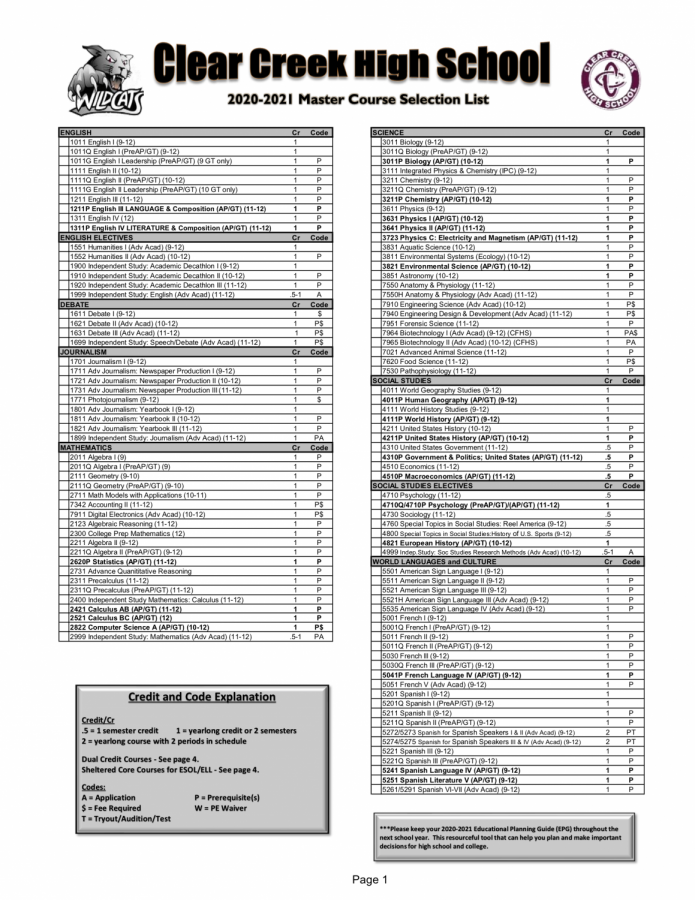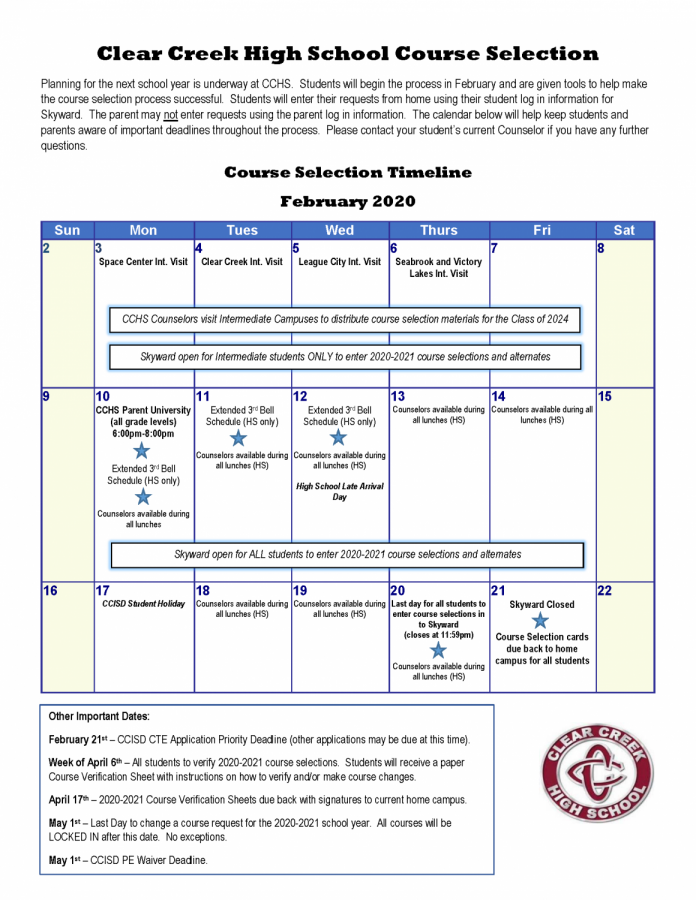Reviewing the most memorable moments of 2014
February 5, 2015
Is it possible to describe 2014 in one word? It was a year of countrywide controversy, major world conflicts, remarkable feats for both science and sports, scares and styles that spread across the globe, and losses that impacted the lives of millions.
Controversies in the U.S. — the New Year was greeted by a colder than average winter for the U.S., with below-freezing temperatures reaching into even the southern states. Meteorologists termed this mysterious gust of frigid weather the “polar vortex.” As the country heated to record highs in August, so did the indignation of millions of Americans after the shooting of unarmed 18-year-old Michael Brown of Ferguson, Missouri by police officer Darren Wilson. The dispute, along with the death of Eric Garner at the hands of a Staten Island police officer, caused an uproar of violent racial protest on both sides. Neither officer was charged. The widely debated comedy The Interview, starring James Franco and Seth Rogen, depicts the assassination of North Korean dictator Kim Jong-Un. The film’s debut was nearly revoked due to the intense worldwide debate on whether it was too aggressive, but ultimately played in selected theaters.
World conflicts—in February, the globally criticized conflict between Ukraine’s Crimean Peninsula and Russia exploded, as over 90 percent of Crimean inhabitants voted to allow Russia to annex Crimea. Russia eventually brought the peninsula into its federation, though Ukraine and most surrounding countries in the UN refuse to recognize Crimea as part of Russia. In early March, Malaysian flight MH370 disappeared on its way from Kuala Lumpur to Beijing, going off the radar completely and leaving investigators without a definite clue of what may have happened, although some have pointed to a possible in-flight terrorist attack. After nearly a year of searching, no remains of the plane or passengers have been found. The Palestinian-Israeli conflict reignited in July after three Jewish teens were found dead, beginning a series of rocket-fire-exchanges and violent retaliations, eventually leading to a full-scale war and leaving over 2,000 dead and 10,000 wounded.
Sports — In early February, the Seattle Seahawks defeated the Denver Broncos in the most-watched Super Bowl in America’s history, beating them by 35 points—the third-largest point difference in the game’s history. The Winter Olympics, held in Sochi, Russia, throughout February and included nearly 100 different events. Russia raked in the most champions with a total of 13 gold medals, 11 silver and nine bronze. The FIFA World Cup was held in Brazil throughout the summer, with Germany taking the final victory against Argentina. In the fall, the World Series crowned champion the San Francisco Giants, who beat the Kansas City Royals four games to three, making it their eighth World Series win.
Science breakthroughs — Four-year-old Rukhsar Khatoon became the last documented polio case in India, officially confirming the complete eradication of polio from the country and nearly the world, with existing cases in only three remaining countries. The European Space Agency landed its robotic space probe, Rosetta, on an orbiting comet on November 12, the first time in history that any spacecraft has successfully completed such a mission. The probe continues to collect data about the comet and surrounding bodies.
Scares — initiating perhaps the biggest disease scare across the world in 2014, and radiating all the way to Texas, the West African Ebola outbreak in early March continues to take the lives of thousands of Africans in infected countries. The virus eventually reached Dallas, Texas, when 45-year-old fatality Thomas Eric Duncan was diagnosed with Ebola after returning from Liberia, along with his two nurses, who eventually recovered. In April, the world also witnessed another horror in Western Africa—the kidnapping of 276 schoolgirls in Nigeria, by a group identified as Boko Haram. Around 53 girls had escaped the hostage camps hidden in the forests of Nigeria and surrounding countries, but hundreds are yet to be found. The Islamic State of Iraq and Syria (ISIS) bombarded headlines in August after declaring the creation of an Islamic caliphate over the Mediterranean Peninsula and beheading two American journalists on camera. Numerous threats were exchanged between the U.S. and the extension Al Qaeda group, though the group’s domination has slowly dwindled.
Fads — The ALS Ice Bucket Challenge took social media by storm throughout the summer as it promoted awareness for amyotrophic lateral sclerosis, a degenerative muscle disorder, by challenging viewers to pour buckets of ice over their heads and nominate others to spread the word. The somewhat controversial app Uber grew exponentially as the alternative cab service, allowing users to request rides to nearly anywhere in their region and schedule a designated pick up place. The app has been banned in some cities due to the competition it poses against taxi drivers and the questionable security of its services.
Celebrity deaths—One of the most influential African American poets of modern literature, Maya Angelou died in her home on May 28, leaving behind seven legendary autobiographies, tens of poetry books and a renowned, 50-year-long entertainment career. Beloved comedian Robin Williams, who starred in such prominent and esteemed films as Good Will Hunting and Aladdin, committed suicide in his home in California on August 11. Three weeks later, America lost another comedian, actress and television host Joan Rivers, when complications arose during a minor surgery on August 28.
It seems that many of the conflicts of 2014 were carried into the New Year in hopes of being solved, while the events and achievements left behind will certainly be remembered.




